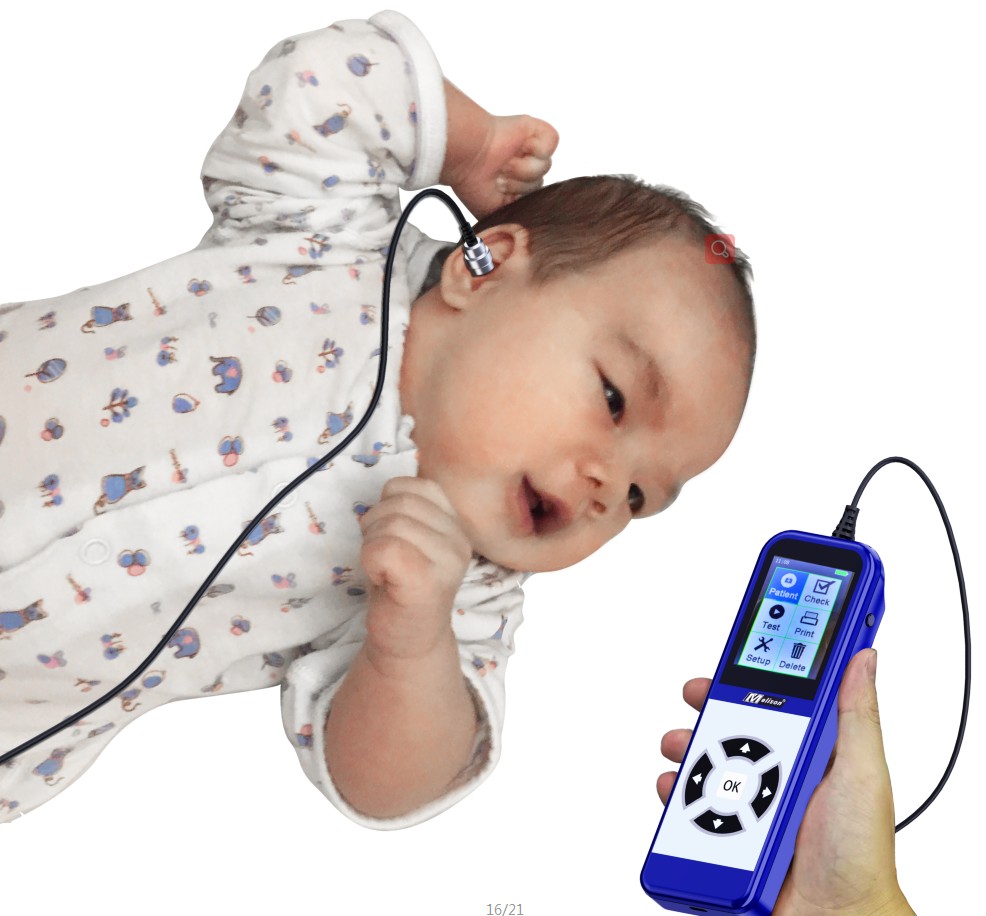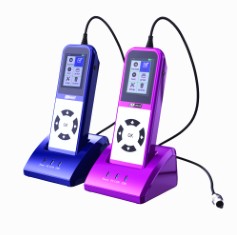“Newborn hearing screening failed” Parent Notice 1

In normal newborns, the incidence of bilateral congenital deafness is about 1 ‰ to 3 ‰. Because the instruments for hearing screening are sensitive, there are many factors affecting the screening results, such as changes in ambient noise during screening. The baby's quietness (such as body movements), baby's external auditory canal (such as residual amniotic fluid) or middle ear secretions, nasal blockage and breathing, etc. will lead to hearing screening. Domestic and foreign data show that the first time (from the third day after birth to the time of discharge), the proportion of hearing screening failure is about 10%, which means that the probability of hearing problems being diagnosed after the initial screening is only 1-3%. . Most children who have failed hearing screening have not found a clear hearing loss after a diagnostic hearing test. The reason is that the secretions in the external auditory canal or middle ear are absorbed or discharged.
b
42 days must go to "hearing screening"
2.1 Rescreening through
When you take your child to "hearing screening" in 42 days, if you pass, congratulations, it is generally considered that the child's hearing is normal. No further inspection is required for the time being. However, during the child's growth, I also hope that you will always pay attention to your child's reaction to the voice or whether the age of the conversation is similar to that of the surrounding children. If the difference is large, you should go to the hospital to eliminate the hearing problems.
2.2 Re-screening failed
When you take your child to "hearing screening" for 42 days, if you still haven't passed, you should not be too scared, because although the rescreening fails, the possibility of hearing diagnosis is probably only one tenth. .
to be continued

